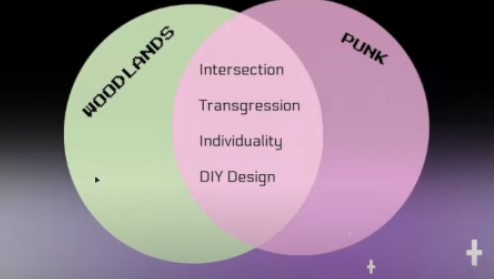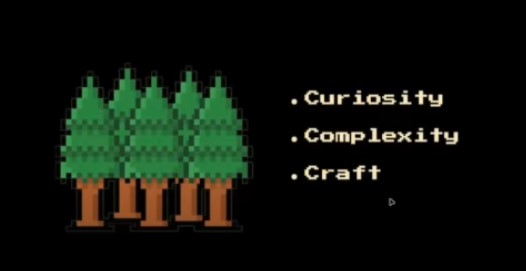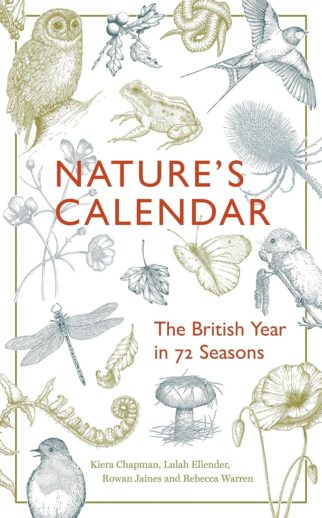Thank you to Dr Rowan Jaines for a fascinating ‘alternative view of woodlands’ webinar on 1st May – for anyone who missed it or would like to watch again, the recording is available here. Rowan discussed the history of the term ‘punk’ and the cross-over between this concept and the transgressive status of woodlands as spaces outside of the order that was being imposed on people and the landscape with the physical, cultural and political development of cities.


Amongst much else, Rowan talked about woodlands as complex managed ecosystems that nurture curiosity and can help counteract feelings of alienation from the real world impacts of our actions that are prevalent in society. A degree of fear and respect for nature (as opposed to the benign ‘fluffy bunny’ view) is required to spur appropriate action. Woodlands give individuals the opportunity to ‘co-design with nature’, and to be part of a larger ecological and social community.
The poem that Rowan read is Lost by David Wagoner (from the collection Traveling Light):
Stand still. The trees ahead and bushes beside you
Are not lost. Wherever you are is called Here,
And you must treat it as a powerful stranger,
Must ask permission to know it and be known.
The forest breathes. Listen. It answers,
I have made this place around you,
If you leave it you may come back again, saying Here.
No two trees are the same to Raven,
No two branches are the same to Wren.
If what a tree or a bush does is lost on you,
You are surely lost. Stand still. The forest knows
Where you are. You must let it find you.
In answer to a question about where to find more information, Rowan recommended The Country and the City by Raymond Williams.
Rowan is a Lecturer in Human Environmental Geography at the University of Sheffield, where her research focuses on critical analyses of rural landscapes, including the historic production of the urban-rural divide, land ownership and democracy, and oppressed histories of the recent past.

Nature’s Calendar: The British Year in 72 Seasons by Kiera Chapman, Lulah Ellender, Rowan Jaines, & Rebecca Warren is inspired by a traditional Japanese calendar which divides the year into segments of four to five days. The book guides you through a year of 72 seasons as they manifest in the British Isles, drawing on folklore and tradition, herbal medicine and natural history.